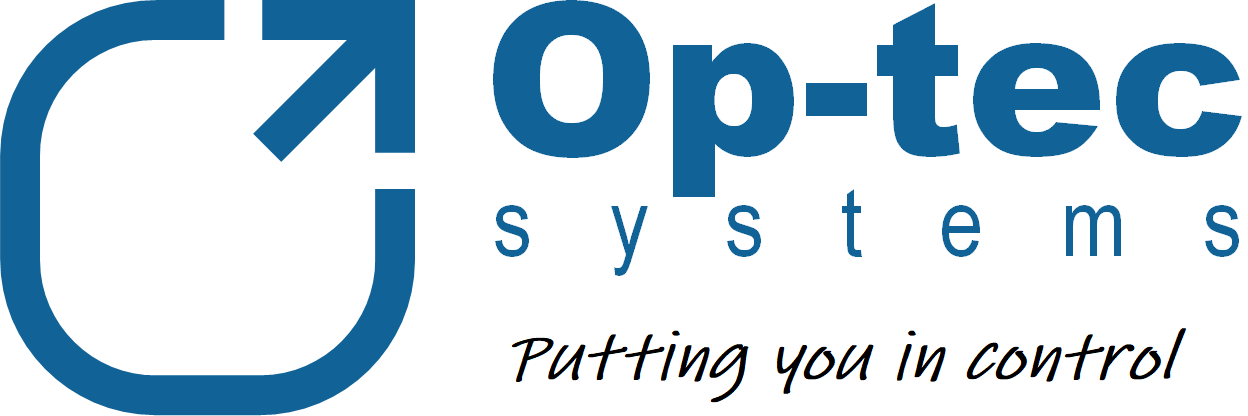There are several pitfalls I see affecting technology projects time and time again. To help clients avoid them I’ve written a lot about the common problems I see and how to overcome them. The blog post is the first of many which aim to share this knowledge with a wider audience.
Productisation
Many products, services and ‘solutions’ offered by consultancies and vendors aren’t designed to address the needs of the end-user. Instead they are designed to be easy to sell repeatably, and generate opportunities for recurring revenue. This isn’t a problem in itself, in terms of technology it would be cost prohibitive to engineer solutions to every problem from first principles. But it does mean the components of every project or service are ‘productised’ to some degree and systems sold on the merits of these products.
Conflicts of interest arise when the end-user/purchaser hasn’t been able to translate their long-term strategic objectives into the functional requirements. These don’t just help determine the most suitable solutions from the marketplace but also the true measures of success. When purchasing, engineering or project management decisions aren’t based on strategic objectives. Not being able to relate products to the benefits they deliver can lead to undesirable outcomes…
This is you if the sales presentation ‘chimed’ - the solution discussed delivered the key objectives your management team laid out in their strategy meeting – but the final solution failed to live up to expectations.
Your procurement function may have focused on costs rather than benefits. If so, they will have pushed the supplier to reduce cost, meaning the add-on components needed to deliver the key benefits were removed from the scope of supply.
Perhaps it was your supplier’s own engineering team. A common situation is the solution ‘sold’ is uncomfortable for engineers to deliver, due to its complexity or novelty. They may not have experience working with ‘products’ proposed, so don’t get the best out of them. They may be uncertain the resulting solution would meet more basic criteria such as availability and reliability so remove ‘bells and whistles’.
Another group who could be responsible are project managers on either side. They may not be properly incentivised to deliver strategic objectives. Or could see hitting budget or timing expectations as more important measures of success. In which case they’re likely to unknowingly compromise the return a project delivers.
Whatever the cause, a lack of clear communication of, and focus on, the benefits to be delivered and why they are so important to achieve can result in a project’s value not being fully realised.
Fixing scope
Another way focus shifts to costs and deadlines, is when a project’s scope is fixed prematurely. Yes, late changes cost more to make than they would if they were picked up earlier in the project…
But, suppliers never have the time and resources to fully engineer a solution during the bid and proposal stage. Likely similarities with past projects were used to quickly create a specification and price, then this work ‘tweaked’ to meet any unique requirements. Internal Sales Engineers have a significant influence on the design, but they tend to be generalists rather than subject matter experts. It’s only a good way into the project when people with specialist knowledge of the technology have taken every requirement into account (as they finish design work and you move to the build phase).
Now ask yourself if it’s sensible to the fix the scope at the beginning of the project, before subject matter experts have been given time to fully evaluate the requirements and complete the detailed design. Doing so risks missing out of the knowledge and expertise they bring to the project.
Yes, making changes during the second half of this process is more costly. That’s why any changes proposed must be carefully scrutinised against the strategic objectives of the project. Assuming the original scope will achieve the outcomes you desire, regardless of any new knowledge acquired by subject matter experts, is very dangerous. It can easily lead to change requests being evaluated with a focus on cost and time, with benefits the project is meant to deliver taking a back seat.
Integration
Technology projects are a focused period of activity, they typically involve working with suppliers, maybe also advisors, consultants, vendors, and other third parties. As such they are often thought of as a standalone activity, executed alongside operations then delivered and completed. This is a trap, which many organisations who fail to properly integrate new technology fall into. The organisation isn’t aligned with the technology, so can’t use it to best effect and so expected returns aren’t realised. In a future article I’ll discuss this in more detail.
In the meantime, get in touch if you’d like to find out more about how we help manufacturers with their technology projects:

